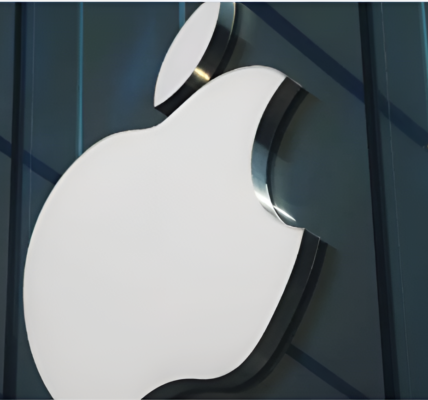The Metaverse and Beyond: Nvidia CEO Jensen Huang on the Fusion of Virtual and Physical Realities

It’s fitting that a company renowned for its groundbreaking technology in hyperrealistic video games has its sights set on creating the metaverse. Nvidia, the world’s most valuable semiconductor company, is spearheaded by CEO Jensen Huang, who envisions a “virtual world that is a digital twin of ours.” This vision owes much to Neal Stephenson’s seminal sci-fi novel Snow Crash, which depicted shared 3D spaces and digitally enhanced realities as extensions of the internet.
Huang’s vision for the metaverse is not just theoretical—it’s already taking shape. Nvidia has partnered with BMW to create a digital twin of its factory in Regensburg, Germany, enabling virtual planning of workflows before implementing changes in the physical plant. For Huang, this fusion of virtual and physical worlds represents a new frontier, one where industries are transformed and the future is created.
From Gaming to Global Transformation
While Nvidia’s roots lie in gaming, its innovations have transcended entertainment. The company’s chips power some of the world’s most advanced applications, from artificial intelligence and drug discovery to autonomous vehicles. “AI is a watershed moment for the world,” says Huang. “It automates intelligence to a scale and speed that no human could achieve.”
Huang believes AI will revolutionize industries in the same way the smartphone transformed communication. From agriculture and healthcare to manufacturing and logistics, AI is poised to tackle complex challenges by automating processes previously unimaginable.
This innovation extends to Nvidia’s business philosophy. “We always started as a computing company,” Huang explains. “Our first killer app was video games, but our focus has always been advancing technology.” This strategy has allowed Nvidia to prioritize critical developments while leveraging external resources when available.
The Rise of Recommender Systems
At the heart of today’s AI revolution are recommender systems—algorithms that predict user needs and preferences. These systems underpin everything from online shopping and streaming services to targeted advertising. Huang calls them the “most important AI systems of our time,” processing massive amounts of data to personalize user experiences.
Rethinking Automotive Supply Chains
The COVID-19 pandemic exposed vulnerabilities in global supply chains, particularly in the automotive sector. Huang argues that the car industry’s reliance on thousands of components has made recovery from disruptions unnecessarily complex. “The car needs to be rearchitected,” he says. Centralizing components could streamline production and reduce supply chain fragility.
A Future of Digital Twins
Huang predicts that the digital world will eventually outgrow the physical world, with digital twins of cities, factories, and buildings becoming the norm. These virtual replicas will simulate real-world operations, enabling engineers and programmers to test software before deploying it in physical environments.
“We’re entering a future where the virtual and physical worlds are fused,” Huang explains. Virtual reality will allow users to explore digital spaces, while augmented reality will bring elements of the digital world into our physical surroundings. This seamless integration will drive exponential improvements in products and services.
Balancing Progress and Risk
Despite the utopian promise of the metaverse, Huang acknowledges the potential for misuse of advanced technologies. His solution? Democratizing access to these tools. “The best way to counter bad actors is to empower society with superior technology,” he says. By equipping the majority—who are inherently good—with cutting-edge tools, society can safeguard itself against potential threats.
The Road Ahead
For Nvidia, the metaverse is more than a concept—it’s a revolution. By bridging the virtual and physical worlds, Huang and his team are not just reimagining industries but redefining how we interact with reality itself. As he puts it, “The metaverse is where we will create the future.”





